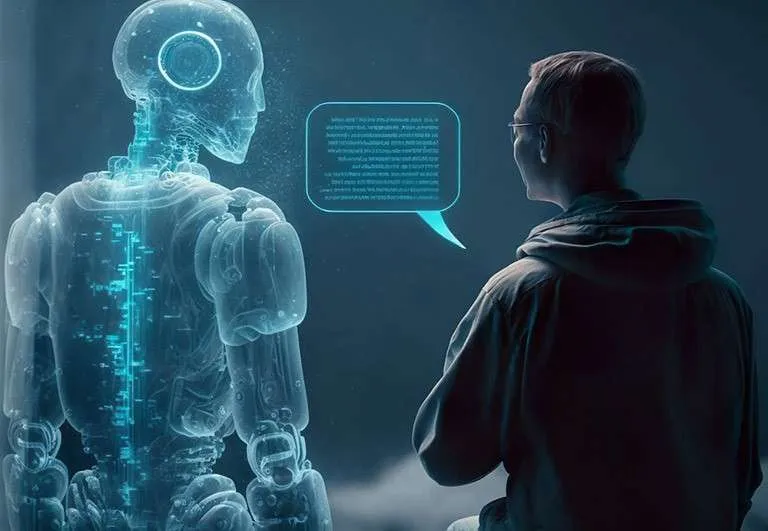Not sure what AI or ChatGPT can do for you? You have plenty of excellent company. Artificial Intelligence, including platforms like ChatGPT, presents many opportunities to simplify your professional life, better serve the people who rely on you for care, amplify your contributions to the field – and, let’s say it, increase profits. In the following article, we will delve into a few practical applications AI can serve for clinicians in behavioral health care. For each category of potential services, I’ll outline the ethical and legal considerations of venturing through this technological frontier. Please comment below if you are aware of anything I may have missed.
AI and Mental Health: Independent Practitioners
Information Retrieval and Research via AI and Mental Health Care
Programs like Elicit and Claude can provide advanced research capabilities that exceed traditional methods. For example, AI at Elicit can extract information from up to 100 papers and present the information in a structured table. It can find scientific papers on a question or topic and organize the data collected into a table. It can also discover concepts across papers to develop a table of concepts synthesized from the findings.
Ethical Considerations: Ethical research practices must still apply, ensuring the information retrieved is evidence-based, peer-reviewed, and sensitive to privacy regulations such as HIPAA. Issues of ChatGPT copyright ownership must also be considered, as just because a system allows us to act does not mean we should.
Early Intervention and Diagnosis: AI’s Ethical Brainstorming
Chatbots can analyze short behavioral descriptions to vast patient data to detect behavioral health issues early on and engage in legal and ethical brainstorming sessions about possible diagnoses.
Ethical Considerations: Transparency with clients and patients regarding AI’s role in their diagnosis and ensuring that AI doesn’t perpetuate existing healthcare inequalities are vital.
Personalized Treatment Plans: AI’s Tailored Approach
AI can create tailored treatment strategies based on individual patient data to optimize therapy approaches and medication regimens. See my article about the ethics of using ChatGPT for brainstorming about using AI for diagnostic brainstorming and possible treatment plans.
Here’s a more detailed explanation of how psychotherapists can use AI:
Data Collection and Analysis:
Collecting extensive patient data, including medical history, psychological assessments, and patient demographics.
Use natural language processing (NLP) to extract relevant information from clinical notes, interviews, and questionnaires.
Incorporate structured data such as diagnostic codes (ICD-10), medication history, and desired treatment outcomes.
Machine Learning Algorithms:
Implementing machine learning algorithms to analyze the collected data. While this function may be too complex for many practitioners, more information about these activities will be forthcoming from Telehealth.org. Meanwhile, they fall into two categories: supervised and unsupervised learning techniques.
A labeled dataset of treatment plans and patient outcomes is needed for supervised learning to train the AI model.
For unsupervised learning, clustering algorithms can help identify patterns in patient profiles.
Clinical Guidelines and Expertise:
Incorporating established clinical guidelines, such as those from the American Psychological Association (APA) or other relevant organizations, into the AI model.
Engage psychotherapists and other mental health professionals to provide input and validate the AI-generated treatment plans.
Personalization:
Developing tailored treatment plans to meet individual


